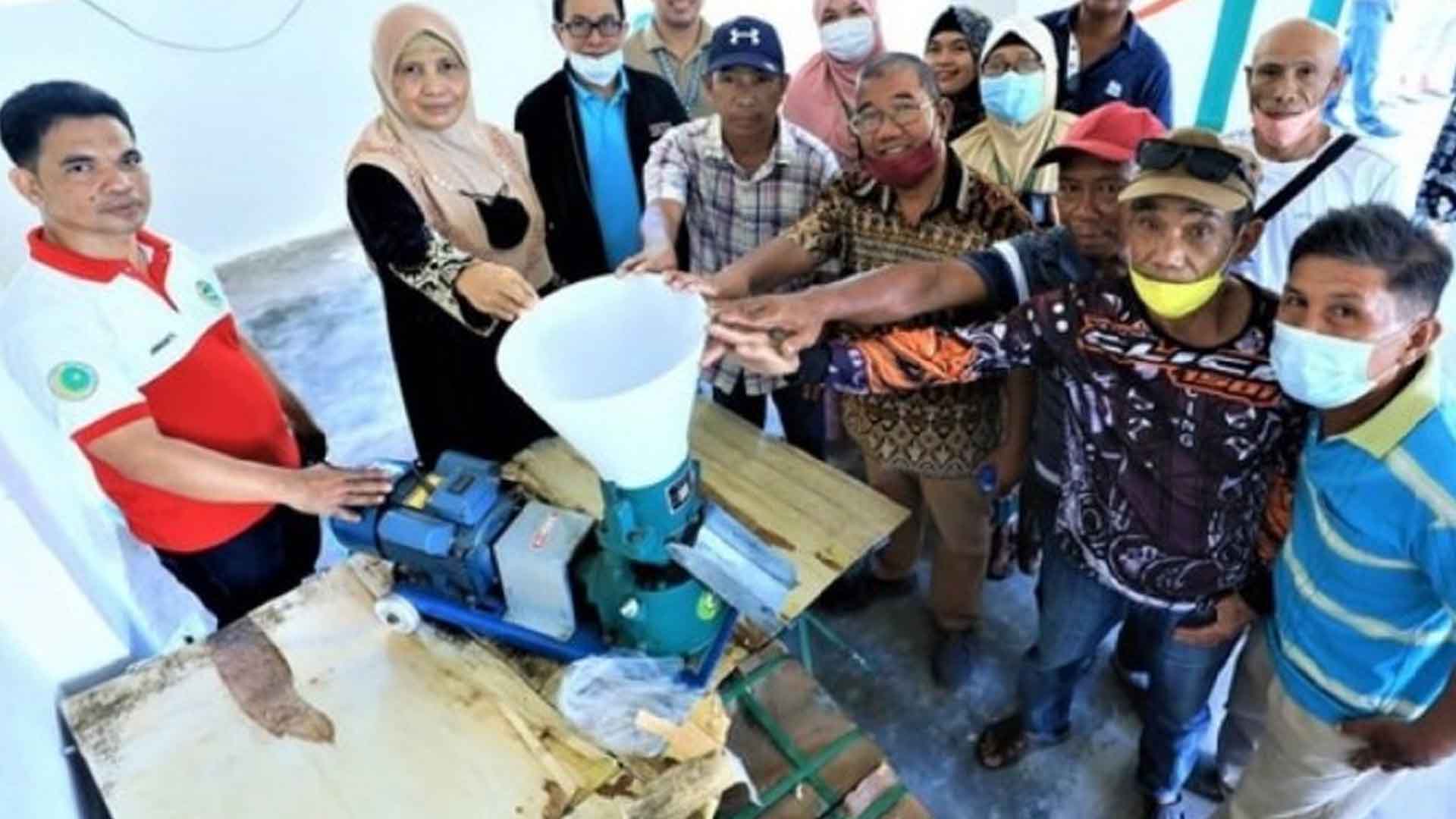A farmers’ cooperative in Maguindanao composed of former Moro rebel combatants has received PHP1 million worth of livelihood aid from the Ministry of Science and Technology in the Bangsamoro Autonomous Region in Muslim Mindanao (MOST-BARMM).
In a statement Tuesday, MOST-BARMM Minister Engr. Aida Silongan identified the recipient of the huge grant that included production equipment as the Sultan Mastura Vegetables Producers Cooperative (SMVPC) in Maguindanao.
“Our goal is to help our communities recover out of hardship from the devastation of war in our areas,” she said.
On Monday, Silongan turned over the assistance to SMVPC president Abdulmohaimen Alimpang.
To ensure the sustainability of the organic feeds production, Silongan said a mechanism for monitoring is in place.
She expressed elation on how the cooperative made use of their livelihood assistance to bankroll their income-generating project.
“They have produced mass vegetable production, a lot of orders are lined up with them now,” she said.
Alimpang, for his part, thanked Silongan and the BARMM for the assistance they received.
“As president of the cooperative, we are indebted to Minister Silongan for she did not leave us since 2010 in BDA,” Alimpang said, referring to the initial aid they received from the Bangsamoro Development Agency where Silongan used to belong.
“We are blessed, we received not only financial aid but also capacity building and training. We attended seminars and pieces of training in the cities of Davao, Gen. Santos, and others, and so we are grateful to the MOST and leadership of BARMM headed by Chief Minister Ahod Balawag Ebrahim,” Alimpang added.
He shared his interest in cultivating organic feeds as part of his obligations as a Muslim who support and consume “halal” food.
“We are interested in producing halal feeds because, apart from acquiring know-how, we can also supply to Bangsamoro farmers and fisherfolks, and it is our obligation as Muslims to consume halal food,” he said.
Back in 2010, through the BDA, Alimpang’s coop availed of funds from the Japan International Cooperation Agency, which embarked on growing vegetables such as eggplant, tomatoes, and mongo beans, among others.
“Due to the excessive harvest on vegetables, we rarely run out of what we sell in Cotabato City because we also sent supplies to Davao and Manila,” he said. (PNA)







